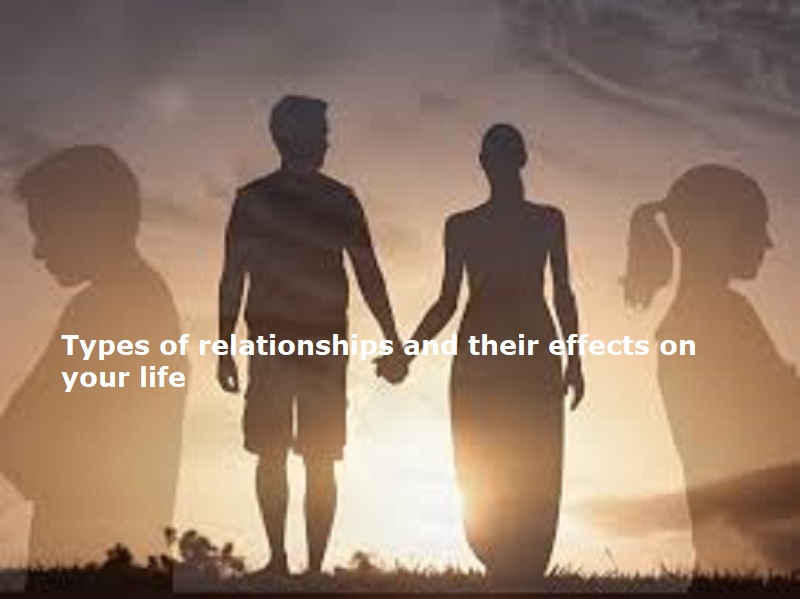
Maintaining a healthy relationship involves open communication, mutual respect, and empathy. Healthy relationships contribute to emotional well-being, while toxic ones can have detrimental effects on mental and physical health. Experts and psychologists have categorised relationships into six main types. They are platonic, toxic, codependent, romantic, casual, and open.
Platonic relationships: Platonic relationships represent the highest degree of foundational connections. In these relationships, individuals experience closeness, fondness, understanding, and support without the need for romance or physical intimacy. This form of relationship reduces the risk of heart disease, and enhancing mental well-being.
Romantic relationships: Romantic relationships involve intimate expressions of love, such as writing love letters or engaging in romantic gestures. These feelings often evolve from deeper emotional intimacy and commitment over time.
Also Read: Know how to calm an anxiety attack
Codependent relationships: In this relationship, one partner heavily relies on the other, often using them as a crutch. This mutual imbalance can lead to the avoidance of conflict and a loss of personal identity. Emotional maturity and the ability to manage the complexities of a relationship are essential to avoid such codependency.
Casual relationships: This relationship is characterised by a lack of seriousness. Individuals may be in it for fun or due to certain expectations. Casual relationships are the lowest form. This relationship can result in one person feeling unsatisfied while the other is content.
Open relationships: In open relationships, partners consensually agree to engage intimately with others. These relationships are non-monogamous, allowing individuals to connect with others even while in a primary relationship. Clear communication, emotional boundaries, and mutual understanding are crucial for maintaining such relationships.
Toxic relationships: Toxic relationships involve emotional, physical, and psychological abuse. This relationship is characterised by a lack of support, blame, control, disrespect, and stress.

Post Your Comments